Pimples in the nose are very common and annoying symptoms. It will irritate the nasal mucosa and cause pain. In addition, it can cause redness, inflammation, and infections such as turbinates and nasal vestibulitis. This article will discuss the most common causes of pimples inside the nose and some effective natural treatments.
What are Pimples in the nose?
Pimples in the nose are small inflammations or infected bumps within the nasal area. They are a type of acne known as nasal acne or nasal pustules. It can be uncomfortable and cause pain, redness, swelling, and tenderness in the affected area.
These pimples develop when the hair follicles or pores within the nose become clogged with excess oil (sebum), dead skin cells, and bacteria. The trapped substances can lead to the formation of a plug, creating an ideal environment for bacteria to multiply and cause inflammation.
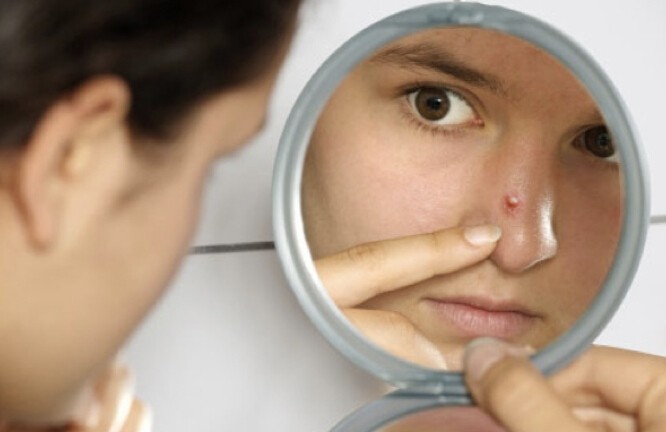
Common Causes of Pimple in Nose
Pimples in the nose can be caused by various factors, including:
1. Hormonal Imbalances
Hormonal imbalances, particularly during puberty, can trigger the development of pimples. Fluctuations in hormone levels can increase sebum production, clogging the pores and forming pimples, including those in the nose.
2. Excessive Oil Production
The sebaceous glands in our skin produce natural oils called sebum, which help keep our skin moisturized. However, excessive sebum production can lead to clogged pores, promoting bacteria growth and contributing to nose pimples.
3. Poor Facial Hygiene
Improper cleansing and poor facial hygiene can also contribute to pimples in the nose. When the nose is not properly cleaned, dirt, oil, and dead skin cells can accumulate, leading to blocked pores and pimples.
4. Bacterial Infections
Bacterial infections, such as Staphylococcus aureus, can infect the hair follicles in the nose and cause pimple-like bumps. These infections can occur when the nasal passages are irritated or damaged, providing an entry point for bacteria.
5. Allergic Reactions
Allergens, such as pollen, dust mites, or certain skincare products, can trigger allergic reactions in some individuals. These allergic reactions can manifest as nose pimples, redness, itching, and swelling.
6. Environmental Factors
Environmental factors, such as pollution and exposure to harsh chemicals or irritants, can irritate the skin and contribute to pimples in the nose. The nose is particularly susceptible to these factors due to its exposure to the external environment.
12 Best Home Remedies For Pimple in Nose
1. Keep the Nose Clean
The first step in treating pimples in the nose is to maintain proper hygiene. Cleanse your nose regularly with a gentle cleanser or mild soap.
Avoid using harsh chemicals or scrubbing too vigorously, which can irritate the skin and worsen the condition. Remember to rinse thoroughly and pat your nose dry with a clean towel.
2. Warm Compress
Applying a warm compress can help reduce inflammation and promote healing. Take a clean washcloth and soak it in warm water.
Press the warm compress against the affected area for 5-10 minutes. Repeat this process several times daily to soothe the pimple and encourage it to heal faster.
3. Tea Tree Oil
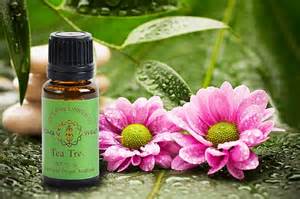
Tea tree oil is known for its antibacterial and anti-inflammatory properties, making it an excellent remedy for pimples in the nose.
Dilute a few drops of tea tree oil with a carrier oil like coconut or olive oil. Apply the mixture directly to the pimple using a cotton swab. Leave it on for 15-20 minutes before rinsing with warm water. Repeat this remedy twice daily for the best results.
4. Aloe Vera Gel
Aloe vera gel is widely recognized for its soothing and healing properties. Extract fresh aloe vera gel from the plant and apply it directly to the pimple in your nose.
Leave it on for 20-30 minutes before rinsing off. Aloe vera gel not only helps reduce inflammation but also aids in the regeneration of healthy skin cells.
5. Apple Cider Vinegar
Apple cider vinegar possesses antimicrobial properties that can effectively combat the bacteria causing the pimple in your nose.
Mix equal parts of apple cider vinegar and water. Dip a cotton ball into the solution and apply it to the affected area. Allow it to dry before rinsing off with lukewarm water. Use this remedy once daily until the pimple heals.
6. Turmeric Paste
Turmeric is a natural antiseptic and anti-inflammatory agent, making it an ideal remedy for pimples in the nose.
First, mix turmeric powder with water or honey to create a paste. Apply the paste to the affected area and let it sit for 15-20 minutes before washing off. The antimicrobial properties of turmeric can help fight the infection and reduce redness.
7. Honey
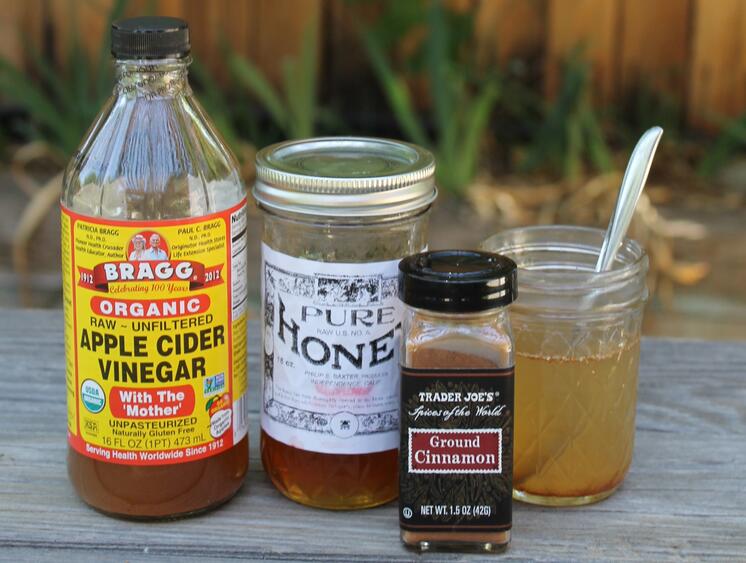
Honey has long been valued for its antibacterial properties and ability to promote wound healing.
You can apply some raw honey directly to the pimple and leave it on for 20-30 minutes. Rinse off with lukewarm water. Repeat this remedy twice daily to alleviate inflammation and accelerate healing.
8. Witch Hazel
Witch hazel is a natural astringent that can help reduce oiliness and inflammation in the affected area. Soak a cotton ball in witch hazel and gently apply it to the pimple in your nose.
Leave it on for 10-15 minutes before rinsing off. Regular use of witch hazel can help keep the skin clean and prevent future breakouts.
9. Garlic
Garlic possesses antimicrobial properties that can effectively combat the bacteria causing the pimple.
You need to crush a garlic clove to release its natural oils, then apply the juice directly to the pimple in your nose. Leave it on for 10-15 minutes before washing off. Be cautious as garlic may cause a burning sensation, so monitoring your skin’s reaction is essential.
10. Lemon Juice
Lemon juice is known for its antibacterial and exfoliating properties, which can help unclog pores and reduce the size of the pimple.
Squeeze fresh lemon juice and apply it to the affected area using a cotton swab. Leave it on for 10-15 minutes before rinsing off. Due to its acidic nature, lemon juice may cause slight stinging or tingling sensations.
11. Cucumber
Cucumber has a cooling effect on the skin and can help reduce inflammation and redness. Slice a chilled cucumber and place the slices on the pimple in your nose for 15-20 minutes.
Alternatively, blend cucumber into a paste and apply it to the affected area. Rinse off with cool water after 20-30 minutes. Regular use of cucumber can help soothe the skin and prevent future breakouts.
12. Oatmeal Mask
Oatmeal is a gentle exfoliant that can help remove dead skin cells and unclog pores. Cook plain oatmeal according to the instructions and let it cool down.
Apply the oatmeal as a mask to your nose, focusing on the pimple. Leave it on for 15-20 minutes before rinsing with warm water. Oatmeal can help reduce inflammation and absorb excess oil, promoting clearer skin.
How to Prevent Pimples in the Nose?
To prevent pimples in the nose, you can follow these tips:
- Maintain proper hygiene: Clean your face twice daily using a mild cleanser suitable for your skin type. Be gentle and avoid harsh scrubbing, as it can irritate the skin and potentially lead to breakouts.
- Avoid touching your face: Your hands can carry dirt, bacteria, and oil that can transfer to your skin and clog pores. Avoid touching your face unnecessarily to minimize the risk of pimples.
- Avoid popping or squeezing pimples: Picking at or popping pimples can lead to further inflammation, scarring, and spreading bacteria. It’s best to let pimples heal naturally or seek professional help.
- Use non-comedogenic products: Choose skincare and cosmetic products labeled as non-comedogenic, meaning they are less likely to clog pores and cause acne. Avoid heavy or greasy products that may exacerbate the problem.
- Keep hair away from your face: If you have long hair, tie it back or keep it away from your face, especially when sleeping. Hair products and oils can contact your skin, potentially causing pimples.
- Maintain a balanced diet: Eating a healthy, balanced diet with plenty of fruits, vegetables, whole grains, and lean proteins can help support overall skin health. Limit your intake of processed foods, sugary snacks, and greasy foods, as they may contribute to acne breakouts.
- Manage stress: Stress can trigger hormonal imbalances that may lead to acne. Find healthy ways to manage stress, such as exercising, practicing relaxation techniques, getting enough sleep, and engaging in activities you enjoy.
Frequently Asked Questions (FAQs)
1. Can picking or squeezing pimples in the nose worsen the condition?
Yes, picking or squeezing pimples in the nose can worsen the condition. It can lead to inflammation, further spread of bacteria, and even cause scarring. It is best to avoid touching or picking at pimples to prevent complications.
2. When should I seek medical help for pimples in the nose?
If the pimples in your nose are persistent, severe, or accompanied by other concerning symptoms such as fever or difficulty breathing, it is advisable to seek medical help. A healthcare professional can provide an accurate diagnosis and recommend appropriate treatment options.
3. Can certain foods contribute to developing pimples in the nose?
While the relationship between diet and pimples is still debated, some studies suggest that certain foods, such as high-glycemic-index carbohydrates and dairy products, may exacerbate acne symptoms. Maintaining a balanced diet and observing potential triggers for your specific condition is recommended.
4. How can I prevent pimples in the nose?
To prevent pimples in the nose, it is essential to maintain good facial hygiene. This includes washing the face twice daily with a gentle cleanser, avoiding harsh skincare products, and moisturizing the nose area. Additionally, avoiding touching the nose with dirty hands can help minimize the risk of bacterial contamination.
5. How long does it take for a pimple in the nose to heal?
The healing time for a pimple in the nose can vary depending on the individual and the severity of the pimple. On average, a pimple can take a few days to a week to heal completely.
6. Are there any over-the-counter products that can help with pimples in the nose?
Various over-the-counter products are available, such as topical creams or gels containing benzoyl peroxide or salicylic acid, which can help treat pimples in the nose. However, it is essential to consult with a dermatologist or healthcare professional before using any new products.
7. When should I seek medical attention for a pimple on the nose?
If the pimple becomes extremely painful, shows signs of infection (such as increased redness, swelling, or pus), or does not improve after home remedies, it is advisable to seek medical attention. A healthcare professional can provide appropriate treatment or further evaluation if necessary.

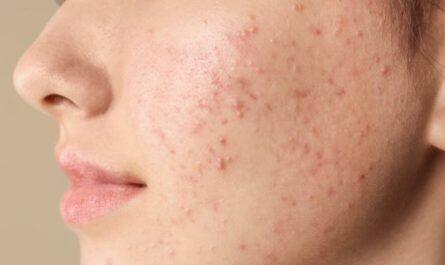
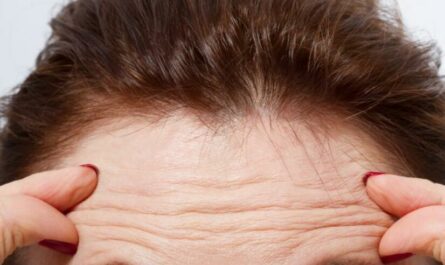
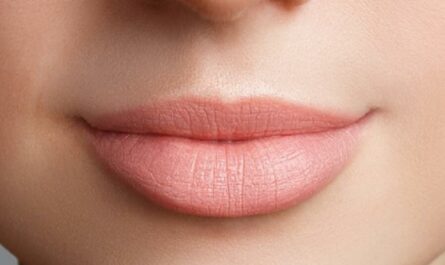
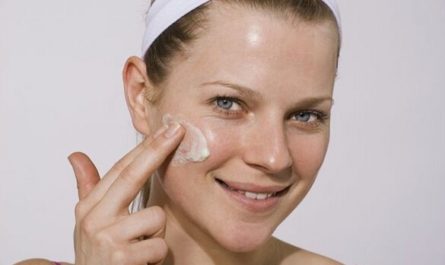
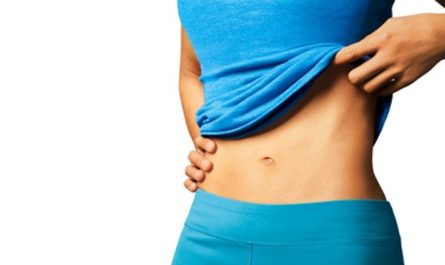
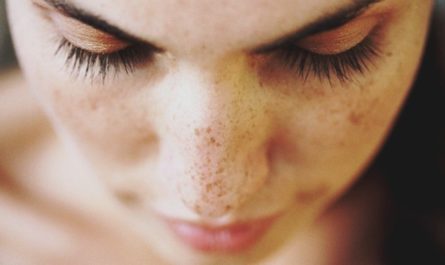
well the ice does work. n the toothpast does work but i dont know about the lemon juice